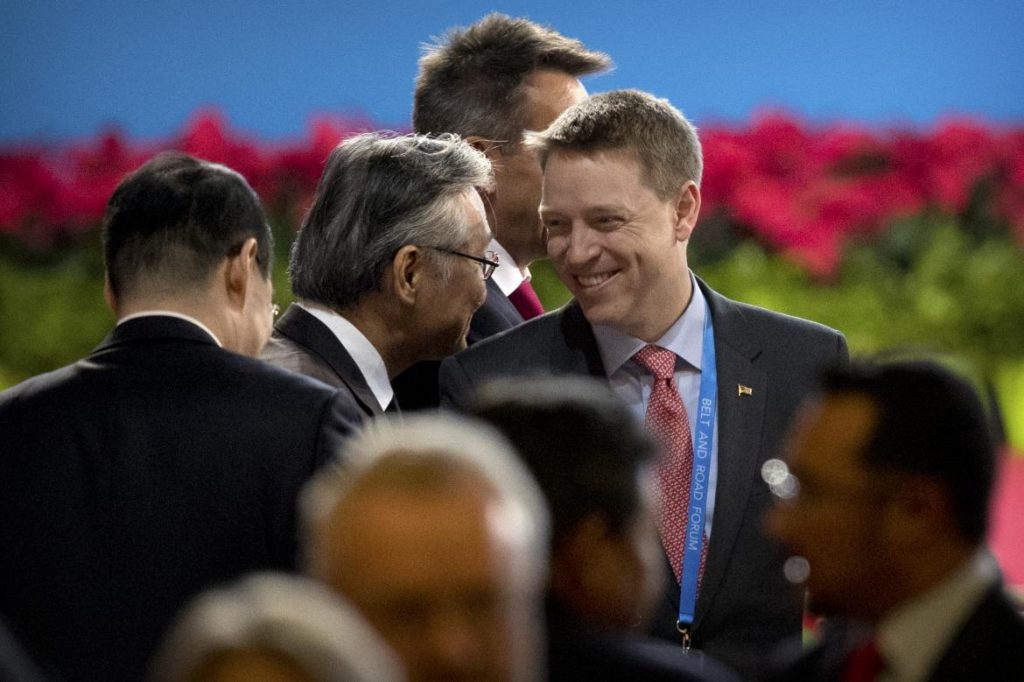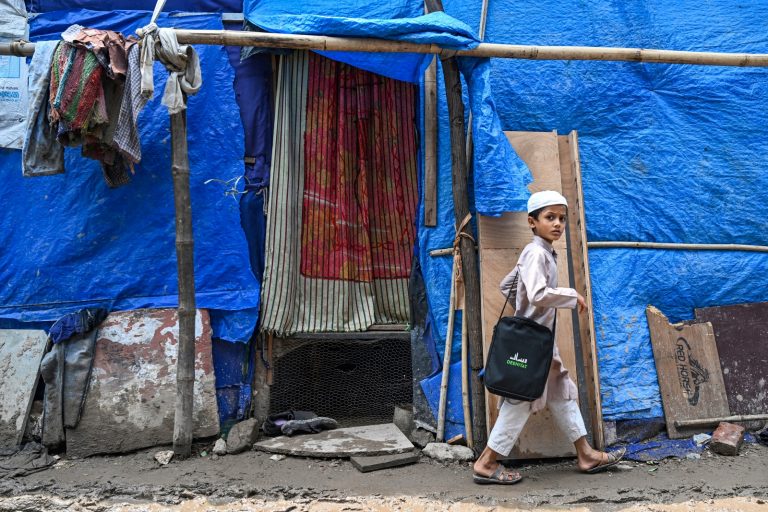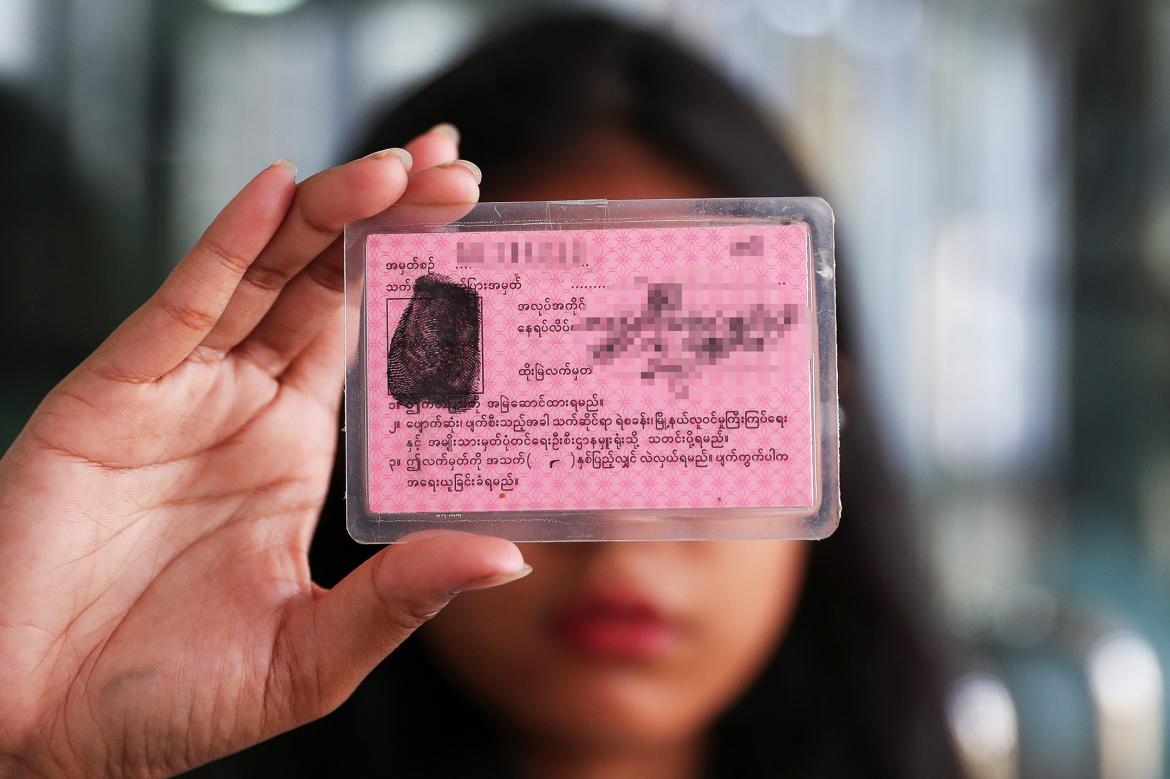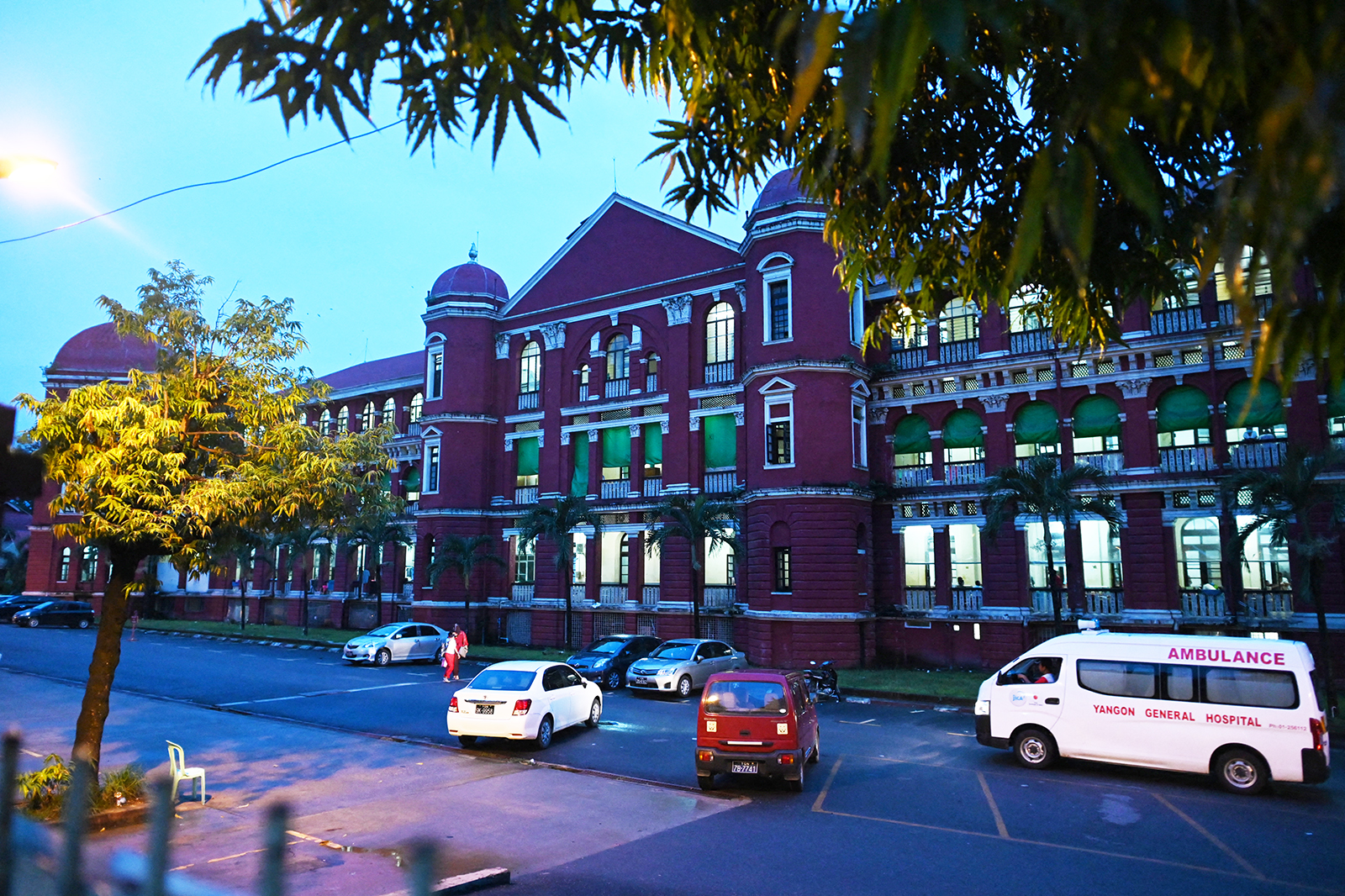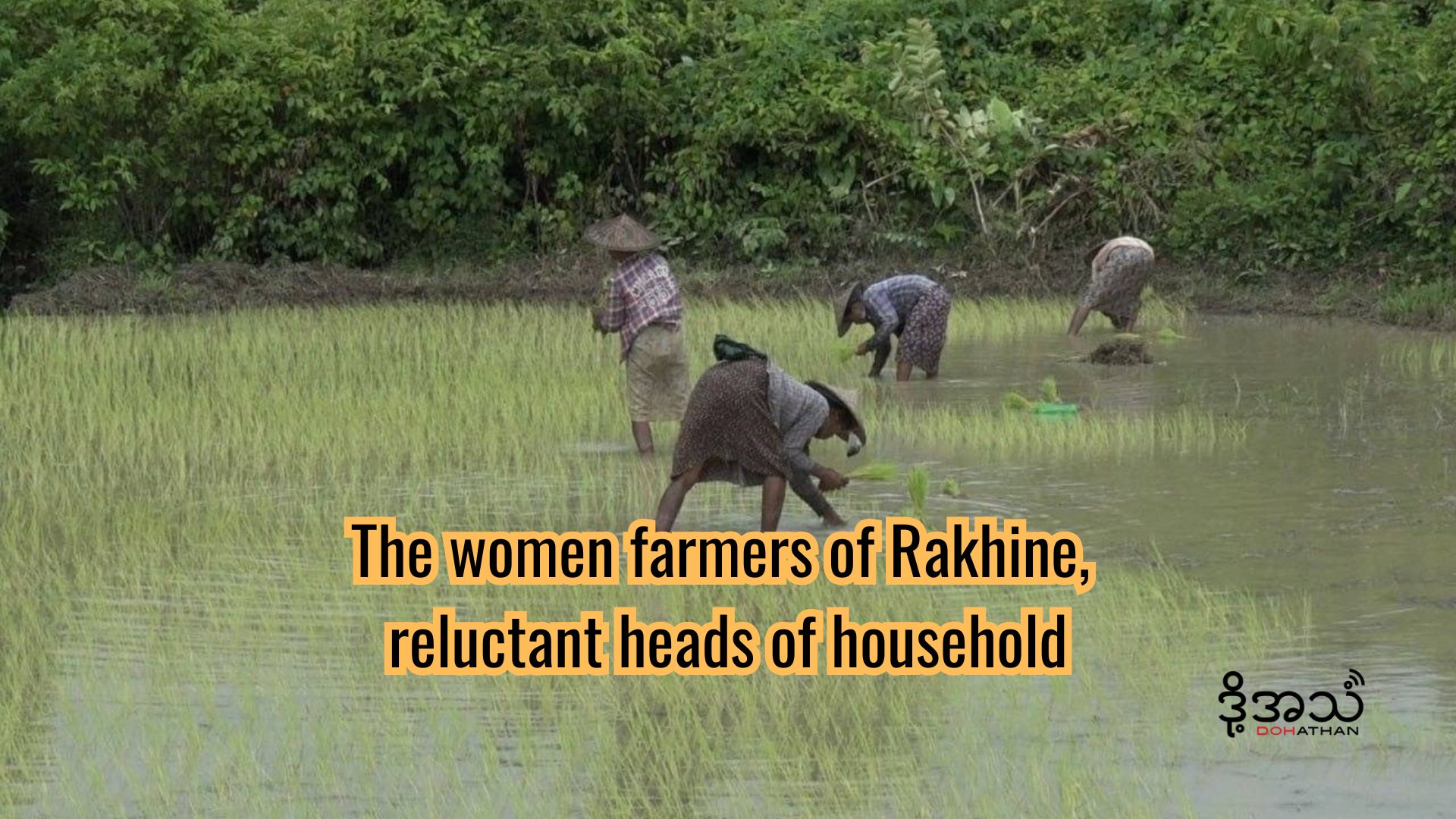By OLIVER SLOW | FRONTIER
YANGON — A senior White House official has said that the United States is committed to supporting Myanmar, and has encouraged American firms to invest in the country, despite widespread criticism of its handling of the crisis in Rakhine State.
Mr Matt Pottinger, Senior Director for Asian Affairs at the White House National Security Council, held a briefing with journalists in Yangon on Thursday, during a three-day visit to Myanmar. During his trip, he is expected to meet with State Counsellor Daw Aung San Suu Kyi, as well as members of the country’s military, and civil society.
“Over the long term, we believe that increasing investment here, increasing confidence in Myanmar will lead to [economic growth], and ultimately that will have the best effect on mitigating the discrimination, mitigating the suffering that’s affecting many different groups in Myanmar,” he said.
Pottinger said that the US administration, led by President Donald Trump, is not considering broad economic sanctions against Myanmar, but is looking at narrow sanctions “aimed at individuals who we believe the evidence shows should be held accountable for some of the atrocities” in northern Rakhine State.
Support more independent journalism like this. Sign up to be a Frontier member.
He added that some members of congress were considering “more punitive measures”, without elaborating.
Since August last year, an estimated 700,000 people — mainly Muslims who identify as Rohingya — have fled northern Rakhine State for Bangladesh amid a brutal military crackdown, after fighters from the Arakan Rohingya Salvation Army launched attacks on army outposts in the region. In November, former Secretary of State Mr Rex Tillerson called the campaign “ethnic cleansing”.
Pottinger said the United States’ willingness to stand by Myanmar was evidenced by financial support it had given for supporting democratic institutions, reducing conflict and supporting health and judicial initiatives. A press release published to coincide with the trip said the US had provided US$120 million in the last year to support a “peaceful, democratic and increasingly prosperous Myanmar”.
He added that Washington is concerned about a number of issues in Myanmar, namely the Rakhine crisis, fighting in the country’s north, particularly Kachin and Shan states, as well as the production and flow of narcotics.
“We recognise that the issues of poverty and discrimination affect all populations in Rakhine State,” he said. “We aim to ensure that development and humanitarian assistance is open for all communities, not only for the displaced Rohingya, but ethnic Rakhine and others as well.”
He said that the United States could help Myanmar solve the crisis by demanding a degree of accountability for some of the “atrocities” that took place, as well as providing humanitarian assistance and support for economic development.
“One of the key tests of a democracy is the degree to which it provides justice, and protects the rights of minorities, whether it’s religious minorities or ethnic minorities,” he said.
Pottinger travelled to Myanmar from Singapore, where he attended an unprecedented meeting between Trump and North Korean dictator Kim Jong-un.
Myanmar has been regarded as having close links with the North Korean regime, and the United States has tried to encourage Nay Pyi Taw to sever ties with Pyongyang.
Pottinger said that, despite the summit, the United States’ is not yet willing to lift economic pressure on North Korea.
He highlighted a recent letter Trump had written to Aung San Suu Kyi, “in part thanking her for the work that Myanmar has done to expel North Koreans who were helping fund the regime and its weapons programmes”.
Last year, Myanmar expelled at least one North Korean diplomat, Mr Kim Chol Nam, who was reportedly working as a Second Secretary at the North Korean Embassy in Myanmar.
“US policy right now is the same as it has been since the beginning of our administration, as regards to the economic pressure that … the entire world is bringing to bear against North Korea,” Pottinger said, adding that economic pressure has been “absolutely critical to creating the opening for diplomacy” that led to the meeting taking place this week.
“So if North Korea moves very quickly to dismantle its weapons of mass destruction, President Trump is willing to work with the international community to lift those sanctions, but he’s not going to do that in advance of the dismantling of these weapons programmes,” he said. “If [North Korea] doesn’t want to move quickly, then the pressure will remain, and perhaps intensify.”
Pottinger said that the US is keen to develop democratic institutions across Southeast Asia, but Trump’s critics have said that he appears more comfortable with authoritarian leaders such as Kim, or Russia’s Vladimir Putin, than some of the country’s more traditional allies.
Ahead of the G7 Summit, hosted in Canada on June 8 and 9, Trump said that Russia should be re-admitted to the group. Russia was ousted from what was then the G8 in 2014 after it invaded and annexed Crimea for its support of pro-Russia separatists in Russia.
Trump acknowledged that “something happened a while ago” that led to Russia being kicked out of the group, but said it would be an “asset” for Moscow to be re-admitted.
A few days later, after a disagreement over trade tariffs, Trump tweeted that Canadian Prime Minister was “dishonest and weak”.
Questioned on this approach, Pottinger said that President Trump is willing “to work with any nation in order to try to improve our trade relations, to make them more equitable and fair, in order to achieve greater security”.
Pottinger said that Trump had made clear that he puts the United States’ allies first, but that sometimes those same allies needed some “tough love”.
“The United States needs our allied partners to share a larger part of the burden if we’re going to maintain and continue benefiting from a liberal order,” he said.


